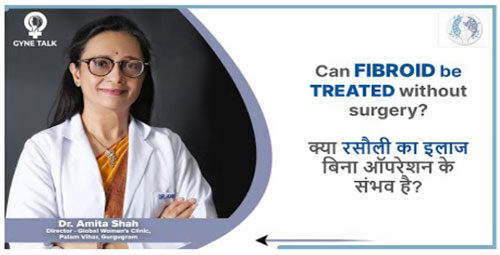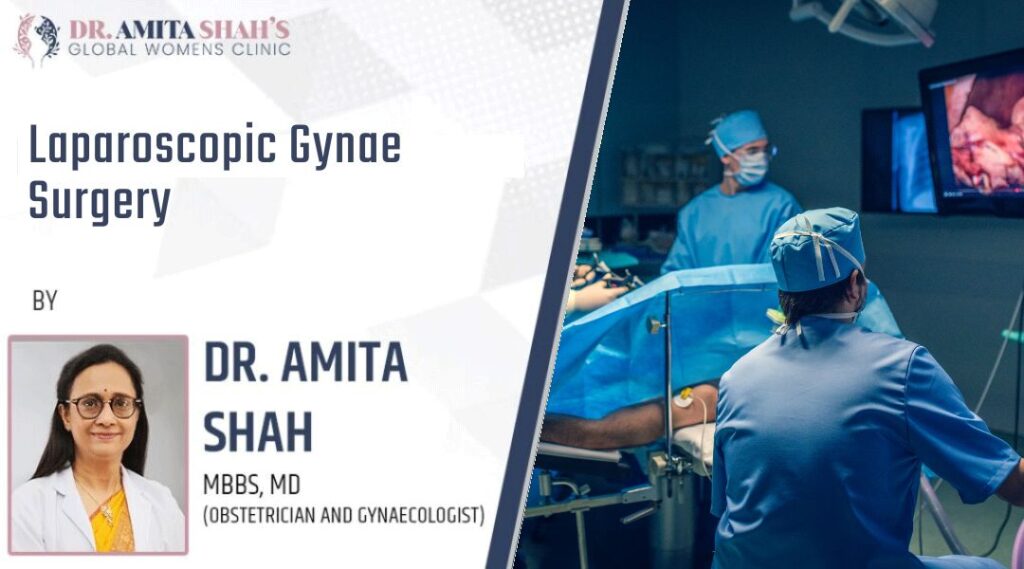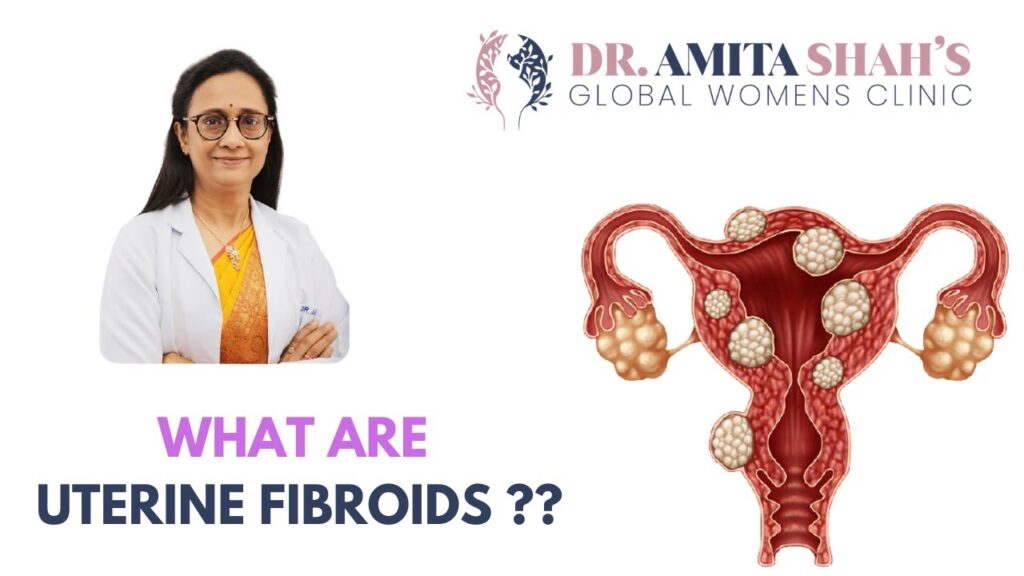January is Cervical Cancer Prevention Month, which is a great time to discuss HPV ( Human Papilloma Virus ), how it causes this cancer, what are the signs and symptoms, how can we diagnose it at the earliest and what are the prevention strategies. It is heartening to know that this is the only cancer that is easily preventable by early screening and vaccination.

Let us understand this by answering a few frequently asked questions:
1 – What is cervix?
The cervix is the lower part of the uterus or the mouth of the uterus which opens in the vagina or the birth canal.
2 – What is Cervical Cancer?
Cancer is a disease in which cells start growing irrationally. Cancer of the cervix is called Cervical Cancer. It is easily detected by early screening tests called Pap Smear.
3 – What causes Cervical Cancer?
Cervical Cancer is caused by the Human Papilloma Virus (HPV). HPV is commonly spread through sexual contact. Once it enters the cells of the cervix, it alters the morphology of the cells, leading to precancerous cells, which if not treated lead to cancer.
4 – What puts me at risk of getting Cervical Cancer?
All women are at risk of getting Cervical Cancer. But certain factors that increase your risk are
- Smoking
- Having multiple sexual partners
- Having given birth to 3 or more children
- Having HIV or other immuno-compromised condition
5 – What are the symptoms of Cervical Cancer?
In the early stages, cervical cancer may be asymptomatic. But sometimes, it may present with
- Abnormal bleeding
- Intermittent spotting
- Bleeding post intercourse
- Foul-smelling discharge from the vagina
6 – What Should I do to find out if I am at Risk of Cervical Cancer?
Screening is the key word and what is most important is regular Screening. This is done by
- PAP smear – this is a simple test and should be done for all sexually active women every year. This can be done during your routine visit to the Gynaecologist. Cells are scraped from the cervix and examined for the presence of precancerous or cancerous cells.
- LBC – this is a more advanced PAP smear where we also test for the presence of the HPV virus in the cells of the cervix. It identifies women who are at high risk and need treatment.
- Colposcopy – This is a visual inspection of the cervix under magnification.
7 – What can I do to prevent Cervical Cancer?
- Get a regular Pap Smear
- Get HPV testing if you are at high Risk
- Avoid Multiple Sexual Partners
- Quit Smoking
- Use Condoms during sex
- Get HPV vaccine
8 – What is the Vaccination available and who should take it?
Cervical Cancer is the only cancer against which vaccine is available. There are two types of vaccine available- Cervarix and Gardasil. All women in the age group 11-40 years are recommended to take the vaccine. The earlier the vaccine is taken, the better it is as it produces a greater number of antibodies.
Dr Amita Shah is one of the very senior gynaecologists in Gurgaon. She has more than 25 years of experience working at the top positions in some of the best hospitals in Gurgaon. Dr Amita Shah is the Director at Global Women’s Clinic, Palam Vihar Gurgaon. For more information, call now at 9773975611.
































